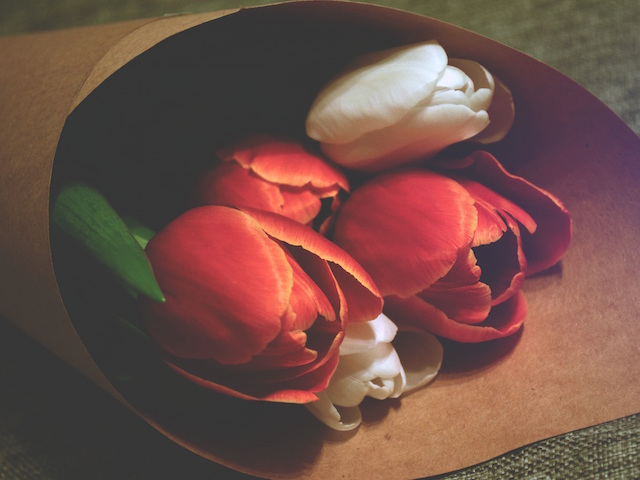Getting the Love You Want: A Guide for Couples by Harville Hendrix
I hope you all enjoyed the book and gained some insight. I certainly did. I have learned a lot in this book that’s helped me in my relationships with people in general.
Reading this book has opened my eyes. I see how my marriage has allowed me to come full circle in my family values and ancestry. I was attracted to the fact that my husband was so cultured, intelligent about history in this country and in the diaspora of African people, and his love for reggae music and Jamaican culture. It was like I wanted to get submerged in my own culture and I found a way through him. Through our relationship, I have learned from a part of him that’s very similar to my mom’s background – a time when I was not with her, when she was a youth in a remote country area of Jamaica and, like my husband, grew food and reared animals for food and utilized herbs grown on the land for healing. Through him, I subconsciously saw my mom and I love her so much. She is my rock and my foundation and I have great admiration for her.
When you look at marriage through the point of view that we actually fall in love with someone who has the characteristics of our caretakers, it should hopefully become harder to rush to divorce when times get hard and arguments are the only interactions we’re having with our significant others. It’s an opportunity for growth and development of the self. We do ourselves a disservice to rush into divorce when there’s an opportunity to become more conscious beings by staying in a marriage that’s superficially difficult.
The strategies outlined in the book starts off as a conscious effort and then becomes an unconscious way of being, thinking, and feeling. It becomes so easy. It’s like we revert back to how our relationship with our significant others was in the beginning but maybe with less passion since it’s not new. I see this as an ascension of our consciousness and it bleeds out to other relationships, not just our marriage. At one point in the book, the author says that marriage is a journey to completion for ourselves. In marriage, it’s like a training ground on how to love and nurture others. This is agape love, which is the highest form of love.
In a conscious partnership, we meet our partner’s needs. Some women would probably say this is anti-feminist. Is it not more important though to BE LOVE than to be feminist? Is it not more important to spread love than to spread division? Do we not have enough division in the world? Couldn’t we use more love in the world?
The author encourages us to learn to be open to our spouse’s opinions. Actually listen without being defensive or invalidating their truth. This is a technique that can be practiced on anyone and help every single relationship. There is a grain of truth to everything. Be open to it. Value and learn from each other’s perspectives.
This book reminds us to reflect on ourselves when we criticize our spouse. We should be asking ourselves, “in what way may I be suffering from the same issue I am criticizing ___ about”. Doing this, we understand that the negative traits we see in others may be the negative traits we have in ourselves that we may need to work on so we can grow and develop in all areas of our lives. Getting angry only harms ourselves, so it makes sense to do the work and use the relationship as life school in a way. The work may turn you into a person who is at default a joyful, positive person, not just with your partner, but with everyone you interact with.
I want to hear your thoughts. What major takeaways or breakthroughs did you have in reading this book?
I got the feeling in the book, especially the beginning, that the author was making a point that our caretakers are to blame for the issues in our relationships. Did you get the same impression? Do you agree with this?
The book goes into detail explaining examples of how we tend to marry people who have the positive and negative traits of our parents/caretakers. Have you seen that play out in your life and/or the people around you?
Post your thoughts below in the comment section so we can really dig deep into all this book has to offer.


Leave a Reply